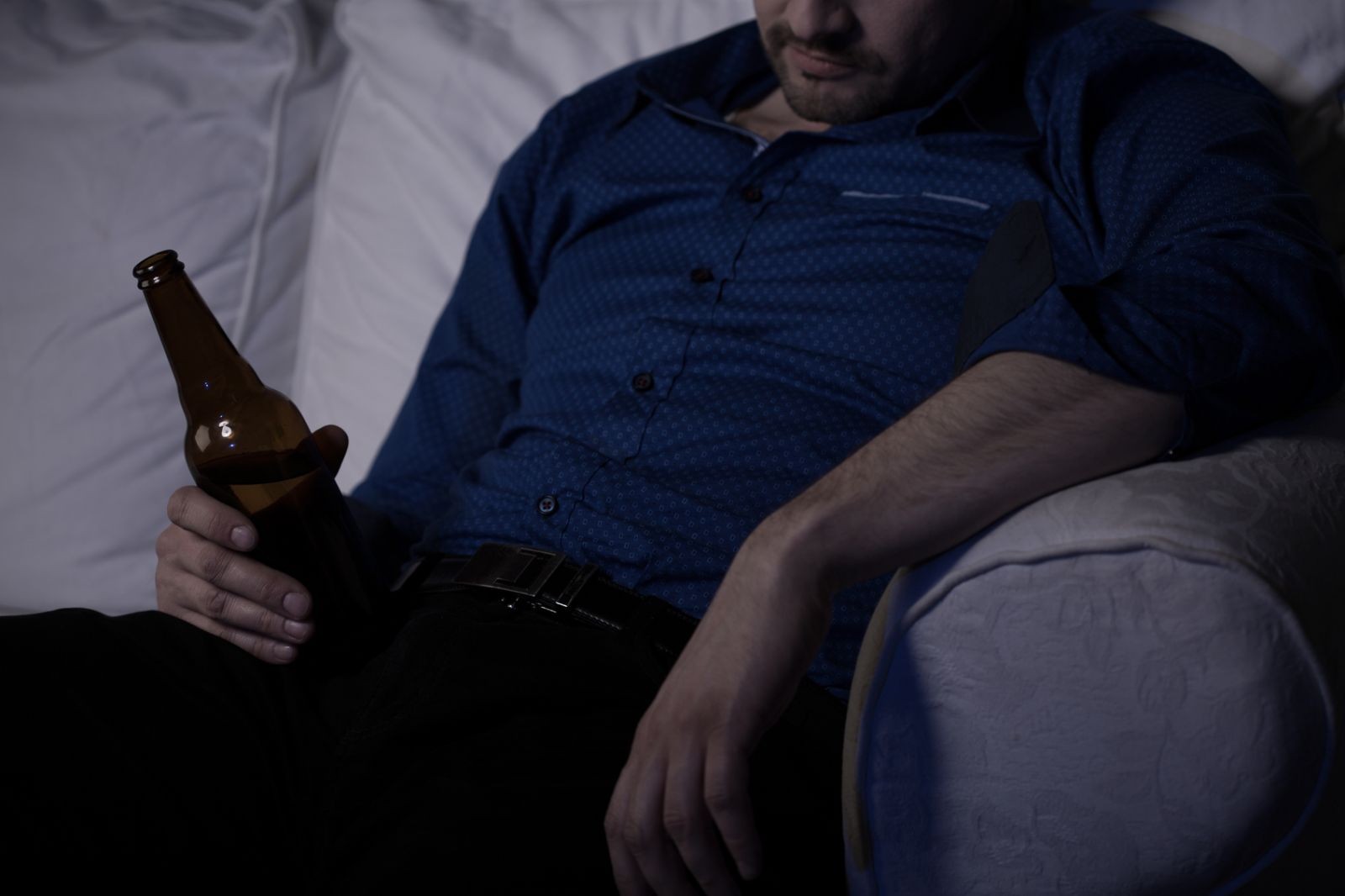 alcohol and fatigue
alcohol and fatigue
It’s a common notion that an alcoholic drink before bed can pave the way for a restful night. While alcohol does possess sedative qualities that can induce drowsiness, it’s crucial to understand that it simultaneously triggers other bodily responses. These responses often compromise the quality of your sleep, leading to you feeling tired rather than refreshed. So, why does alcohol make you tired in the long run? Let’s delve into the science behind this seemingly contradictory effect.
Initially, alcohol’s sedative properties indeed work to make you feel sleepy. This is because alcohol depresses the central nervous system, leading to feelings of relaxation and drowsiness. This initial effect is what makes many people reach for a ‘nightcap’ thinking it will help them drift off to sleep more easily. However, this is just the first phase of alcohol’s impact on your sleep cycle.
Several hours after you’ve had that drink, as your body starts to metabolize the alcohol, a rebound effect occurs. Alcohol consumption leads to an increase in the body’s levels of epinephrine, also known as adrenaline. Epinephrine is a stress hormone that elevates your heart rate and stimulates your body. This stimulation can frequently result in waking up in the middle of the night, disrupting what should be a continuous sleep cycle. In fact, research indicates that alcohol might be a contributing factor in approximately 10% of persistent insomnia cases.
Beyond disrupting your sleep cycle through hormonal changes, alcohol also affects your physical state during sleep. It relaxes the muscles in your throat, which, while seemingly relaxing, can actually worsen sleep-related breathing issues. This muscle relaxation can contribute to the development or exacerbation of sleep apnea, a condition characterized by pauses in breathing during sleep, further fragmenting sleep and reducing its restorative quality.
Another way alcohol interferes with sleep is by increasing the need to urinate. Alcohol is a diuretic, meaning it encourages your body to remove fluids through urine. This diuretic effect can lead to more frequent trips to the bathroom during the night, disrupting your sleep and making it less restful.
The fatigue-inducing effects of alcohol aren’t limited to nighttime consumption. Drinking alcoholic beverages like wine, beer, or spirits during the day can also lead to feelings of lethargy and drowsiness. If you are already experiencing sleep deprivation, even a single drink can amplify these feelings, particularly if consumed during your body’s natural dips in energy levels, such as in the mid-afternoon or late evening. This daytime drowsiness further contributes to an overall sense of tiredness.
To combat fatigue naturally, especially when experiencing the dehydrating effects of alcohol, consider increasing your water intake. Dehydration is a significant contributor to fatigue, and replenishing fluids is essential for maintaining energy levels. Water constitutes a large percentage of your body weight and is constantly lost through daily functions. Staying adequately hydrated by drinking enough water and consuming water-rich foods can significantly boost your energy levels and help counteract alcohol-induced fatigue.
While the immediate sedative effect of alcohol might seem appealing for sleep, its long-term and secondary effects work against restful sleep, ultimately leading to tiredness. Understanding these processes can help you make informed decisions about alcohol consumption, especially in relation to sleep and energy levels.